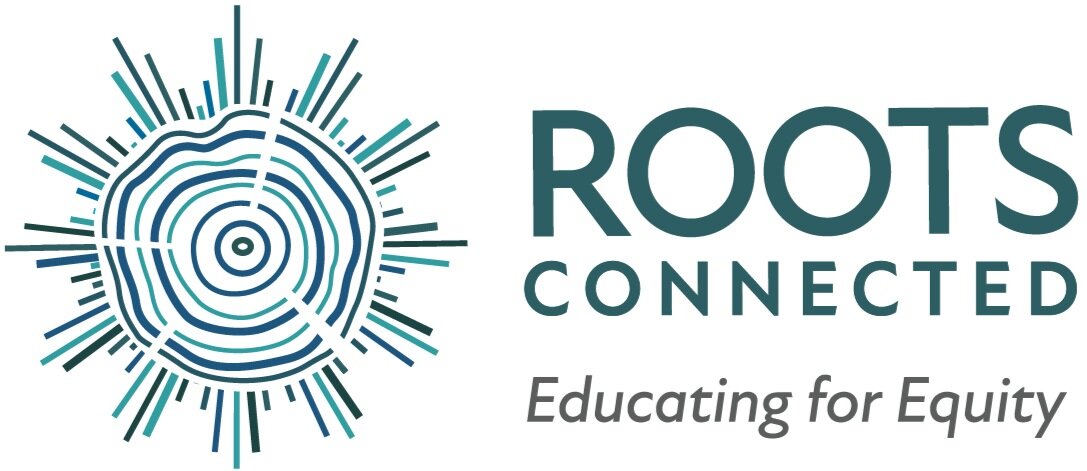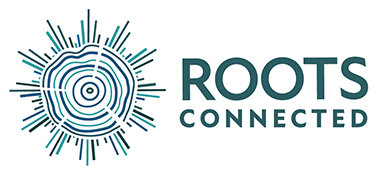Representation: A Core Goal of Anti-Bias Education
Contributor: Michelle McCree-Harrison
“Youth need opportunities in school to explore multiple facets of selfhood, but also to learn about the identities of others who may differ. If they are going to enjoy a quality of life and live alongside other people, they must deeply know themselves and the histories and truths of other diverse people.”
In order for students to express comfort and joy with human diversity, use accurate language for human differences, and form deep, caring connections across all dimensions of human diversity, as adults we must first seek out multiple perspectives in our own learning and make sure we are learning from voices that encompass different identities and learning styles. When educators engage in this practice ourselves we are more equipped to create room for representation in our practice.
A helpful way to think about Representation is using the metaphor of Mirrors, Windows and Sliding Glass Doors, which comes from the work of Rudine Sims Bishop.
Mirrors:
When class materials/lessons reflect one’s own world (identities and/or experiences)
Windows:
When class materials/lessons provide views into the world of others.
Sliding Glass Doors:
When class materials/lessons provide invitations to become a part of the world of others.
If you are wondering, how can we create authentic moments, experiences, and lessons where students can see themselves and learn about others in curriculum? Here are three ideas to start with:
Identity Shares
Create opportunities for students to share about who they are, their stories and their experiences.
Text Selection
Be sure to include multiple perspectives, omitted stories and counter-narratives. Take a moment to consider:
Current Events
Leave room in your curriculum to explore current events. Current Events can bring historical events you study in Social Studies and ELA closer in time and in personal experience. You can read more about bringing Current Events into your practice here or be sure to check out our asynchronous workshop here.
“It’s easy to see wonder as secondary to the work for justice. What of wonder when the world is on fire, or at war? But wonder is a revolutionary practice: Who we wonder about determines whose stories we let into our hearts, who we grieve with, and ultimately who we fight for.
Wonder is the wellspring of love.” - Valarie Kaur
To learn more about Representation, Roots ConnectED offers a virtual educator workshop and tailored coaching opportunities that both take a deeper dive into resources, tools, and practice examples. Learn more about our workshop here. Learn more about our coaching opportunities here.




